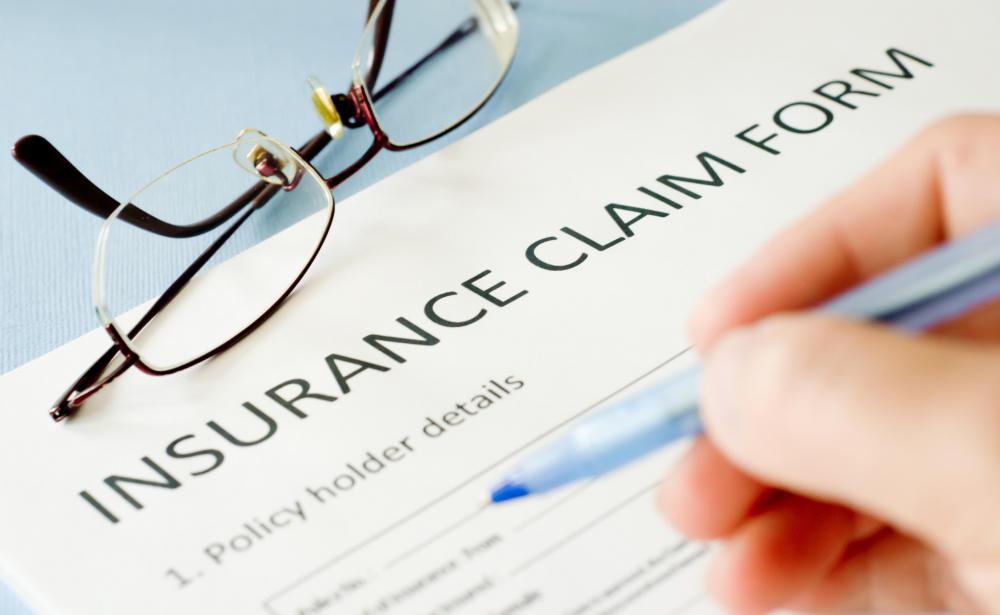At PracticalAdultInsights, we're committed to delivering accurate, trustworthy information. Our expert-authored content is rigorously fact-checked and sourced from credible authorities. Discover how we uphold the highest standards in providing you with reliable knowledge.
What Does a Medical Claims Examiner Do?
The main task of a medical claims examiner is to confirm the validity of health insurance claims. Insurance companies often need this type of specialist to protect the company from fraud while also ensuring that customers get the medical care they need. The typical medical claims examiner can expect to deal with a lot of paperwork, because he needs to look at the details of each claim carefully to make sure the treatment received is appropriate for the medical issue reported. If there is any doubt, then medical claims examiners may have to arrange interviews with medical specialists so they can clear up any confusion. If fraud is suspected, then claims examiners may need to research further with the help of special investigators.
Most medical claims examiners regularly deal with paperwork, and they are expected to work with several claims each day. Each claim often comes with supporting documents, such as medical records and hospital bills, and examiners need to look over each file carefully. In most cases, all the information necessary to close the claim is included in the initial files, but examiners sometimes need to request additional documentation. This is especially true when some details of the claim do not make sense and case examiners need to find out if a mistake was made or if the patient or doctor is attempting to commit insurance fraud.

When the information included in a claim does not add up, and additional documents do not help, claims examiners may need to interview medical specialists. For example, if a patient's claim includes medical records and bills that show complicated, costly treatment for a minor, simple medical problem, a medical claims examiner is expected to find out the reasoning. In many cases, there is a valid reason for the high costs; other times, the patient's medical team is simply trying to get more money out of the insurance company. At that point, the medical claims examiner typically conducts interviews with unbiased medical professionals to find out the treatment that would be appropriate for the patient's condition, because this can determine whether the insurance company should have to pay the claim.

If the interviews show the treatment may have been unnecessary, then the medical claims examiner may contact special investigators to find out more. The point of the investigation will be to find out whether the hospital or the patient is trying to commit insurance fraud with forged documents and misleading information. If so, the claim will be denied and legal action may be required. If the investigation shows the claim is, in fact, valid, then it will be paid and the case will be closed.
AS FEATURED ON:
AS FEATURED ON:












Discuss this Article
Post your comments